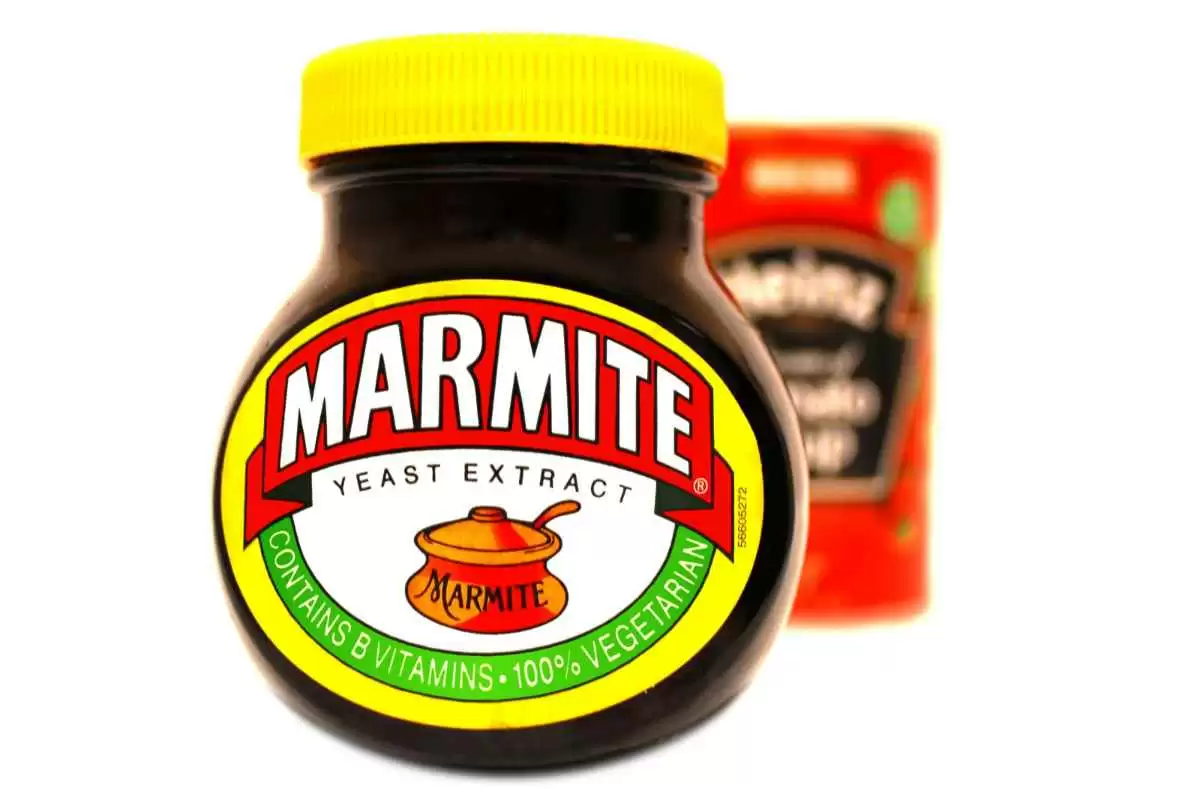Celiac.com 03/05/2024 - Some people with celiac disease report sensitivity to other ingredients. We get more than a few questions from readers asking if xanthin gum is gluten-free, and seeking alternatives, due to adverse reactions. One reader asked us: "Anyone have a good substitute for xanthan gum? Have been making my homemade noodles with pizza crust flour which works great but xanthan gum is not my friend. Or if you have a good home made noodle recipe please share."
What is xanthan gum?
Xanthan gum is a polysaccharide that is commonly used as a food additive, thickening agent, and stabilizer in a wide range of food products. It is produced through the fermentation of carbohydrates by the bacterium Xanthomonas campestris. This natural gum has remarkable properties that make it valuable in food manufacturing. When added to liquid, xanthan gum forms a viscous and stable gel, providing texture, viscosity, and uniformity to a variety of food products, including sauces, dressings, dairy alternatives, baked goods, and beverages. It also helps prevent ingredients from separating and improves the shelf life of products. Moreover, xanthan gum is gluten-free, making it suitable for individuals with celiac disease or gluten sensitivities as a substitute for wheat-based thickeners.
Is xanthan gum gluten-free?
Celiac.com Sponsor (A12):
Now, let's address the pivotal question: Is xanthan gum gluten-free? The resounding answer is yes. Xanthan gum is typically produced through the fermentation of sugars by the Xanthomonas campestris bacterium. This process doesn't involve gluten-containing grains such as wheat, barley, or rye. As a result, xanthan gum in its pure form is considered gluten-free.
Are some people are sensitive to xanthan gum?
While xanthan gum is generally considered safe for individuals with celiac disease due to its gluten-free nature, some people with this condition may experience sensitivity or adverse reactions to it. Although rare, sensitivity to xanthan gum can manifest as gastrointestinal symptoms such as bloating, gas, diarrhea, or abdominal discomfort. This sensitivity may occur due to various factors, including the individual's unique digestive system, underlying gut conditions, or sensitivity to certain food additives. Some individuals may also have cross-reactivity to xanthan gum, where their immune system mistakenly identifies it as a threat similar to gluten, triggering an inflammatory response. As a result, individuals with celiac disease should be mindful of their tolerance to xanthan gum-containing products and consider alternative thickening agents if they experience adverse reactions.
Common substitutes for xanthan gum
When a recipe calls for xanthan gum, it's often to provide structure and elasticity, especially in gluten-free baking. If you're looking for alternatives, several options can serve similar purposes. Here are some substitutes for xanthan gum:
Guar Gum
- Pros: Guar gum is another common gluten-free thickening agent. It's derived from guar beans and works similarly to xanthan gum.
- Cons: It might be a bit more brittle than xanthan gum, so you may need to adjust quantities.
Psyllium Husk
- Pros: Psyllium husk is a natural fiber that adds structure. It's often used in gluten-free bread recipes.
- Cons: Too much psyllium can result in a gummy texture, so use it cautiously.
Chia Seeds or Flaxseeds
- Pros: When ground and mixed with water, chia seeds or flaxseeds create a gel-like substance that can mimic the binding effect of xanthan gum.
- Cons: The texture might be a bit different, and it can add a nutty flavor.
Arrowroot Powder
- Pros: Arrowroot is a starch extracted from the roots of certain plants. It works well as a thickening agent.
- Cons: It might not provide the same elasticity as xanthan gum, so it's often used in combination with other substitutes.
Cornstarch or Tapioca Starch
- Pros: Both cornstarch and tapioca starch can be used to thicken recipes.
- Cons: They lack the elasticity that xanthan gum provides, so they are often used in combination with other binders.
Egg Whites
- Pros: In recipes where the binding function is crucial, egg whites can be used as a substitute.
- Cons: Not suitable for vegans or those with egg allergies.
Agar-Agar
- Pros: Agar-agar is a vegetarian gelatin substitute. It can be used in some recipes to provide structure.
- Cons: It might not work well in all applications, and it's not a direct substitute in terms of functionality.
Gelatin
- Pros: Gelatin can provide structure and thickness, especially in desserts and some baked goods.
- Cons: Not suitable for vegetarians or vegans.
When substituting for xanthan gum, it's important to understand the specific properties of each alternative, and how they interact with other ingredients in your recipe. It may require some experimentation to get the texture and consistency just right. Always consider the flavor profile, dietary restrictions, and desired outcome of your recipe, when choosing a substitute for xanthan gum.










Recommended Comments
There are no comments to display.
Create an account or sign in to comment
You need to be a member in order to leave a comment
Create an account
Sign up for a new account in our community. It's easy!
Register a new accountSign in
Already have an account? Sign in here.
Sign In Now